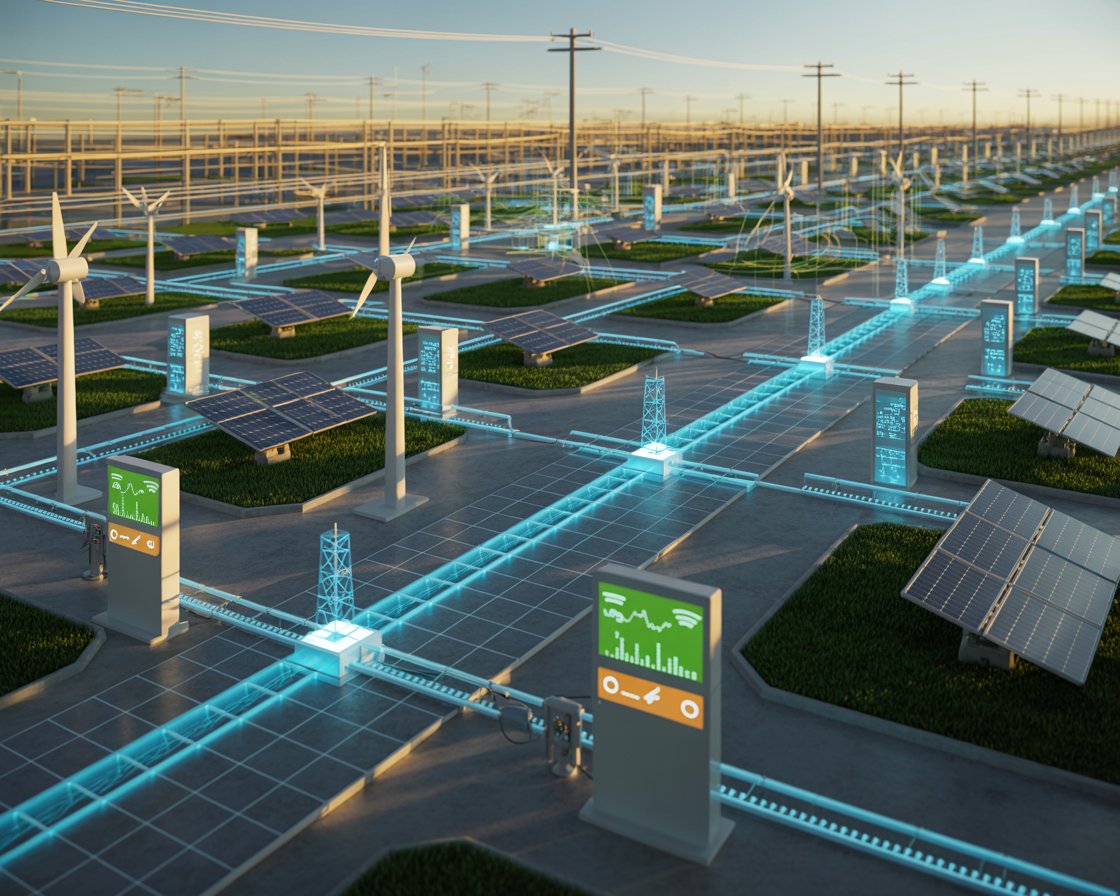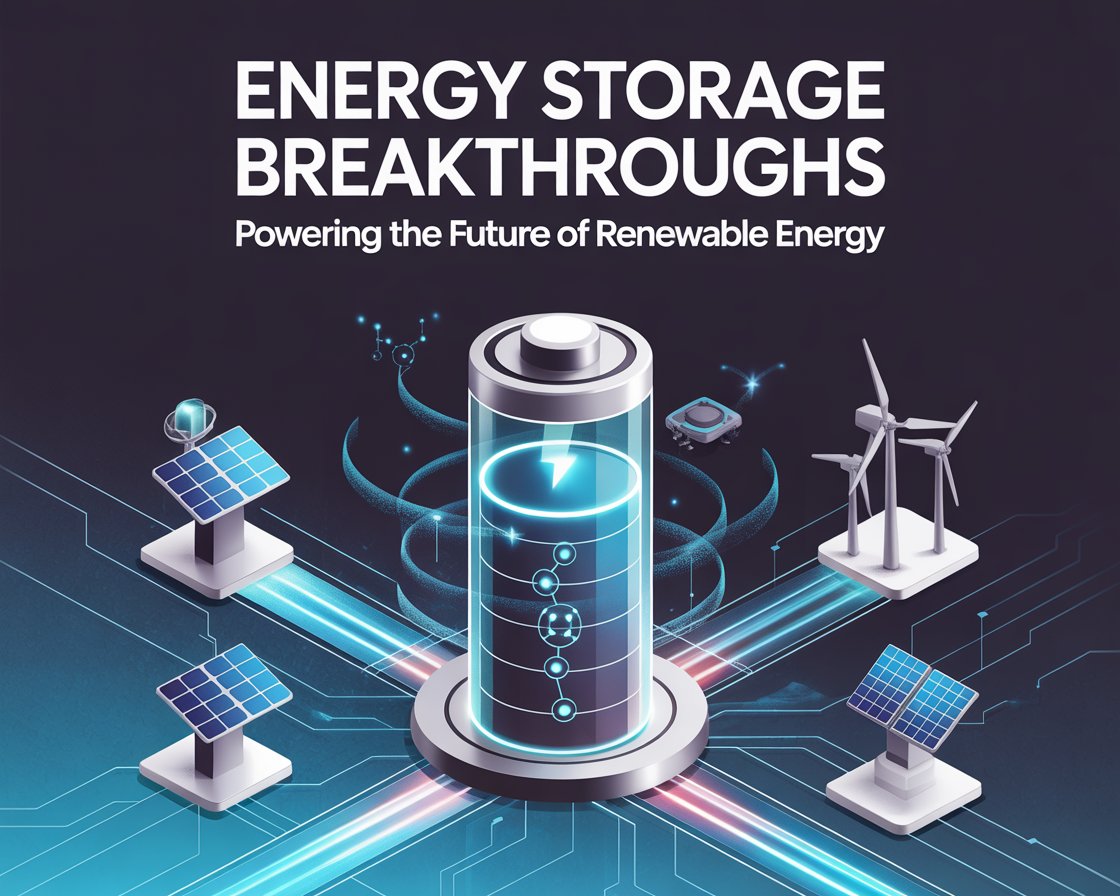Introduction
Solar power is growing in importance in the world’s energy mix. Sunlight energy is unique because it is simple to get and shows a lot of promise as a long-term and renewable source of energy.
This article will discuss three interesting facts about solar energy, highlighting its pros and cons.
Understanding Solar Energy
What is Solar Energy?
We can use sunlight to generate solar energy. This energy can transform into either heat or electricity, rendering it a versatile power source that brings about interesting facts about solar energy.
How Does Solar Energy Work?
Photovoltaic cells, the building blocks of solar panels, convert sunlight into energy. This process absorbs photons, which then release electrons to create an electric current.
Fact 1 – Solar Energy is Abundant
Explanation of Solar Abundance
One intriguing thing about solar energy is that there is a lot of it. In just one hour, the sun gives off more energy than the whole world uses in a year.
In this way, solar energy is an almost endless supply.
Comparison with Other Energy Sources
Unlike fossil fuels, which are finite and rapidly depleting, solar energy is easily accessible and reusable. This makes it a safe option as the world’s energy needs rise.
Fact 2 – Solar Energy is Cost-Effective
Initial Costs vs. Long-term Savings
Installing solar panels can be pricey at first, but they save you a lot of money in the long run. Solar energy systems save you money on your power bills or even get rid of them altogether.
Government Incentives and Subsidies
A lot of governments give tax breaks and other financial aid to people who use solar energy. These financial benefits help cover the original costs and get more people to use it.
Fact 3 – Solar Energy is Environmentally Friendly
Reduction in Carbon Footprint
Switching to solar energy can drastically reduce your carbon footprint. Solar power produces no greenhouse gases during operation, making it a clean energy source.
Impact on Climate Change
Solar energy helps slow down climate change by lowering our reliance on fossil fuels. The use of solar power reduces the need for fossil fuel energy, thereby reducing pollution.
Applications of Solar Energy
Residential Uses
Homes often use solar panels to heat water and provide power. They can run everything from lights to appliances, which saves money on energy bills for the whole family.
Commercial Uses
Businesses are increasingly using solar energy to power their processes. Solar power can help a business look more environmentally friendly and cut down on costs.
Industrial Uses
Large solar farms can power industrial processes, providing a stable and long-lasting source of energy for making things and doing other industrial work.
Advancements in Solar Technology
Improvements in Solar Panels
Recent improvements in solar panel technology have made them more efficient and cut costs.
Solar energy is becoming more accessible thanks to new technologies such as bifacial screens and thin-film solar cells.
Innovative Solar Products
New goods are always coming out, like solar-powered chargers and solar roof tiles. These innovative concepts enable the integration of solar energy into a wider range of daily activities.
Challenges and Limitations
Weather Dependence
The production of solar energy depends on sunshine, which can change depending on the weather. Days with clouds and nights when it’s dark make solar panels less useful.
Storage Issues
Storing solar energy for use when the sun isn’t out is extremely challenging.
Even though battery technology is getting better, it is still a problem that makes it challenging for people to use solar energy.
Space Requirements
Installing solar panels requires a lot of space, which can be an issue in cities or other locations with limited roof space.
Future of Solar Energy
Predictions and Trends
Solar energy has a bright future ahead of it. As technology gets better and more people use it, solar power is likely to become an important part of world energy solutions.
Potential for Global Energy Solutions
Solar energy can provide a lot of the energy the world needs. Solar power could become a main source of energy around the world as technology gets better and prices go down.
Conclusion
In conclusion, these three fascinating facts about solar energy show how widespread it is, how cheap it is, and how beneficial it is for the earth.
Solar energy is not only a good alternative to standard energy sources; it’s also important for the future.
Using solar power can help the economy and the environment in big ways, so it’s a beneficial choice for both people and businesses.
FAQs
How well do solar panels work?
Different solar panels work at different rates, but most of them turn about 15 to 20 percent of the sunlight into power. This economy continues to improve as technology keeps getting better, this economy keeps getting better.
Can solar power run a whole house?
Yes, solar energy can power a whole house if the system is large and there is enough sunlight. Solar cells and battery storage help a lot of people become energy-independent.
What happens to the sun’s power at night?
At night, solar panels don’t make power. We can store the daytime energy in batteries for use at night or return it to the power grid.
Sun panels: How long do they last?
Most solar panels have 20–25-year warranties, but with proper care, they can last longer. Over time, they might become a little less useful.
Does solar energy work in all places?
The effectiveness of solar energy relies on the amount of sunlight present. Solar power systems work best in places where the sun shines a lot.





Leave a Reply